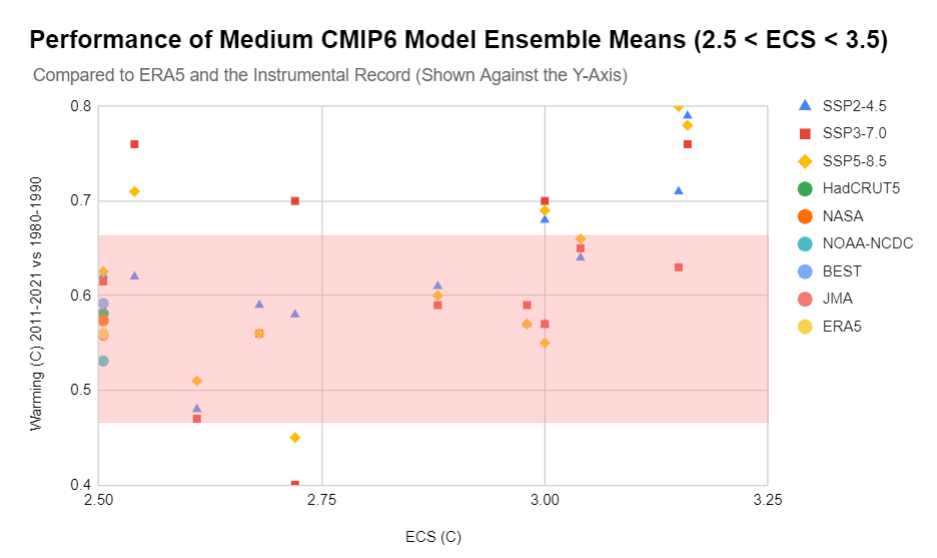How Much Can Solar Variability Affect Climate?
%20(1).png)
Expected Global Temperature Change from Solar Variability Alone, Assuming ECS = 3 C In a previous post , I considered whether there is a "continuing debate" over whether current climate changes are being caused in part by solar variability. This is effectively part 2 of that post. The evidence we currently have is clear that solar variability has been negligible since 1850, and particularly after 1960. There no significant ongoing debate on this point, as best as I can tell. However, the question remains, how much can the Sun affect climate? After all, the Sun may well have affected climate between 1850 and today, even if the combined effects were negligible over the last 170 years. To answer this question, we can think of the Sun's affect on climate on at least three different time scales: 1. Decadal : Given that solar variability operates on roughly 11-year cycles, TSI increases and decreases on roughly decadal time scales. But what they add to warming as TSI increases


